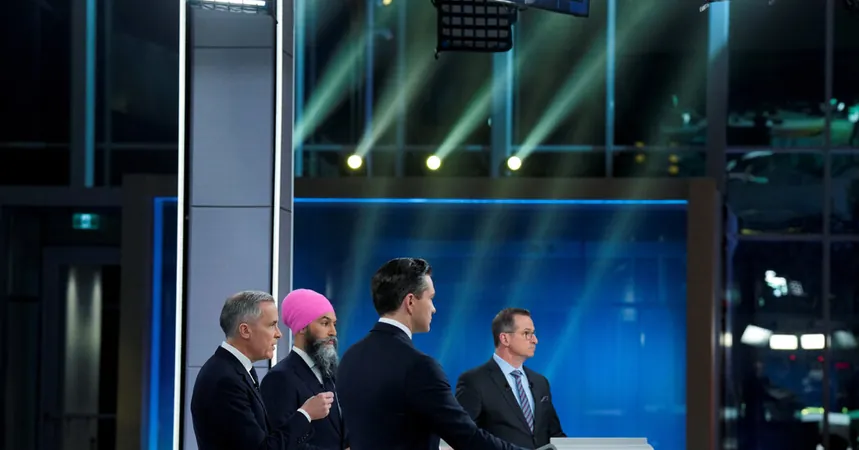
Clash of Titans: Highlights from Canada's Election Debate
2025-04-18
Author: Michael
A Showdown Amid Global Tensions
In a gripping debate held on Thursday, four prominent political leaders of Canada faced off during an election campaign overshadowed by President Trump's controversial tariffs and his audacious calls for Canada’s annexation. The stakes were high, as these issues dominated the discussions, presenting a potential crisis for the nation.
Leaders and Positions
The debate featured Prime Minister Mark Carney, who was elected leader of the Liberal Party just last month, and his chief rival, Pierre Poilievre, leader of the Conservative Party, whose strong polling had previously suggested a victory in the upcoming election. Carney’s entrance into politics and the looming threats from Trump have dramatically shifted the political landscape, enabling the Liberals to pull ahead in recent polls.
Key Takeaways from the Debate
Despite the heated atmosphere, none of the candidates presented concrete strategies to counter Trump’s aggressive policies. All reiterated the notion that Trump’s economic maneuvers pose a serious crisis for Canada, yet specifics on negotiating a way forward remained elusive. Carney boldly declared, "They want to break us so that they can own us." Drawing from his experience during the 2008 financial crisis and Brexit, Carney sought to position himself as the best negotiator for Canada.
Divided on Crime and Sentencing
A notable divide emerged over crime policies. Poilievre argued for mandatory minimum sentences and plans to override Supreme Court rulings to combat rising crime. He vowed to implement measures previously struck down, claiming they would enhance citizens' security rights. In contrast, Carney warned against circumventing the Supreme Court, criticizing Poilievre’s stance against gun control.
Broadcasting Funding Debate
The candidates also clashed over public broadcasting funding. Poilievre proposed cutting English-language services from the Canadian Broadcasting Corporation (CBC), while keeping its French services intact, even suggesting transforming its English headquarters into affordable housing. Carney countered by promising to bolster CBC funding instead, highlighting the network's importance to Canadian culture.
Pipelines and Energy Strategy
Discussions also ventured into energy policy, specifically the proposed construction of new oil and gas pipelines. Poilievre advocated for expedited approval processes to enable Canada to diversify its exports to Europe. However, there was a lack of interest from pipeline companies and strong opposition from Indigenous groups, adding complexity to the issue. Carney proposed a collaborative approach that would involve provincial and Indigenous input.
Trudeau's Shadow
The debate couldn't escape the shadow of former Prime Minister Justin Trudeau, who recently stepped down. Poilievre seized the opportunity to label the past decade under Trudeau as a 'lost decade' and insinuated that Carney might lead Canada down a similar path. As candidates continue to shape their platforms, the upcoming election promises to be a pivotal moment for Canada's future.

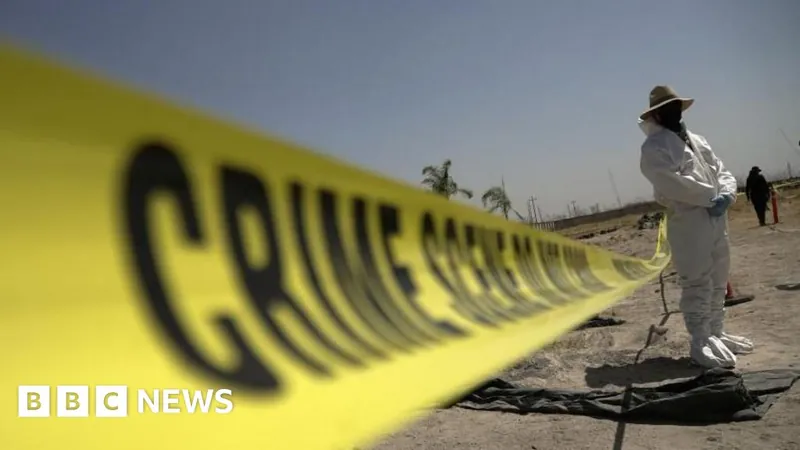


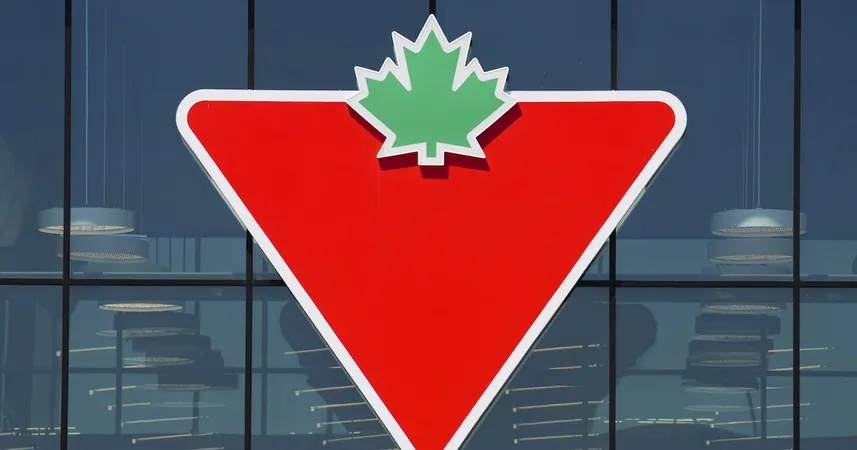

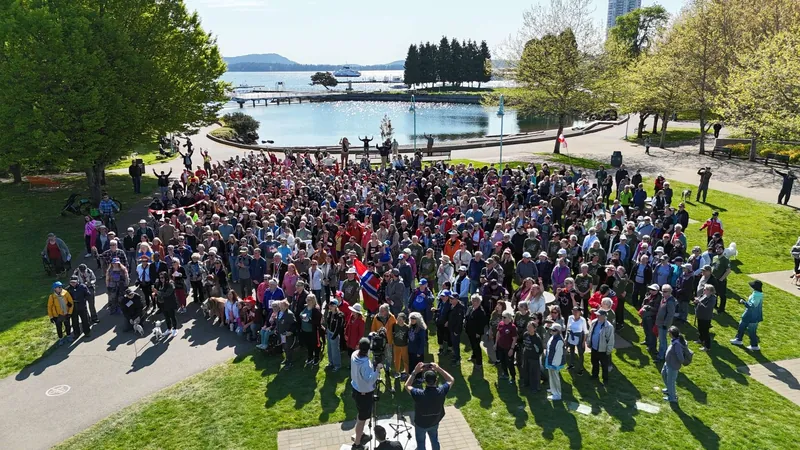

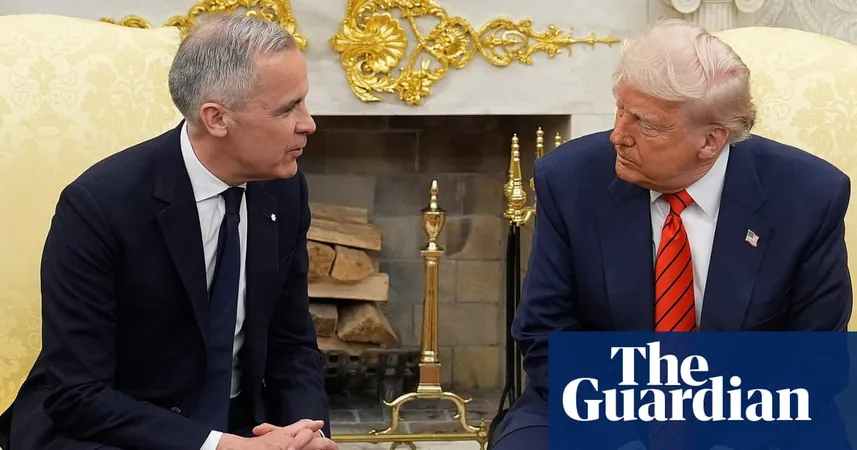
 Brasil (PT)
Brasil (PT)
 Canada (EN)
Canada (EN)
 Chile (ES)
Chile (ES)
 Česko (CS)
Česko (CS)
 대한민국 (KO)
대한민국 (KO)
 España (ES)
España (ES)
 France (FR)
France (FR)
 Hong Kong (EN)
Hong Kong (EN)
 Italia (IT)
Italia (IT)
 日本 (JA)
日本 (JA)
 Magyarország (HU)
Magyarország (HU)
 Norge (NO)
Norge (NO)
 Polska (PL)
Polska (PL)
 Schweiz (DE)
Schweiz (DE)
 Singapore (EN)
Singapore (EN)
 Sverige (SV)
Sverige (SV)
 Suomi (FI)
Suomi (FI)
 Türkiye (TR)
Türkiye (TR)
 الإمارات العربية المتحدة (AR)
الإمارات العربية المتحدة (AR)